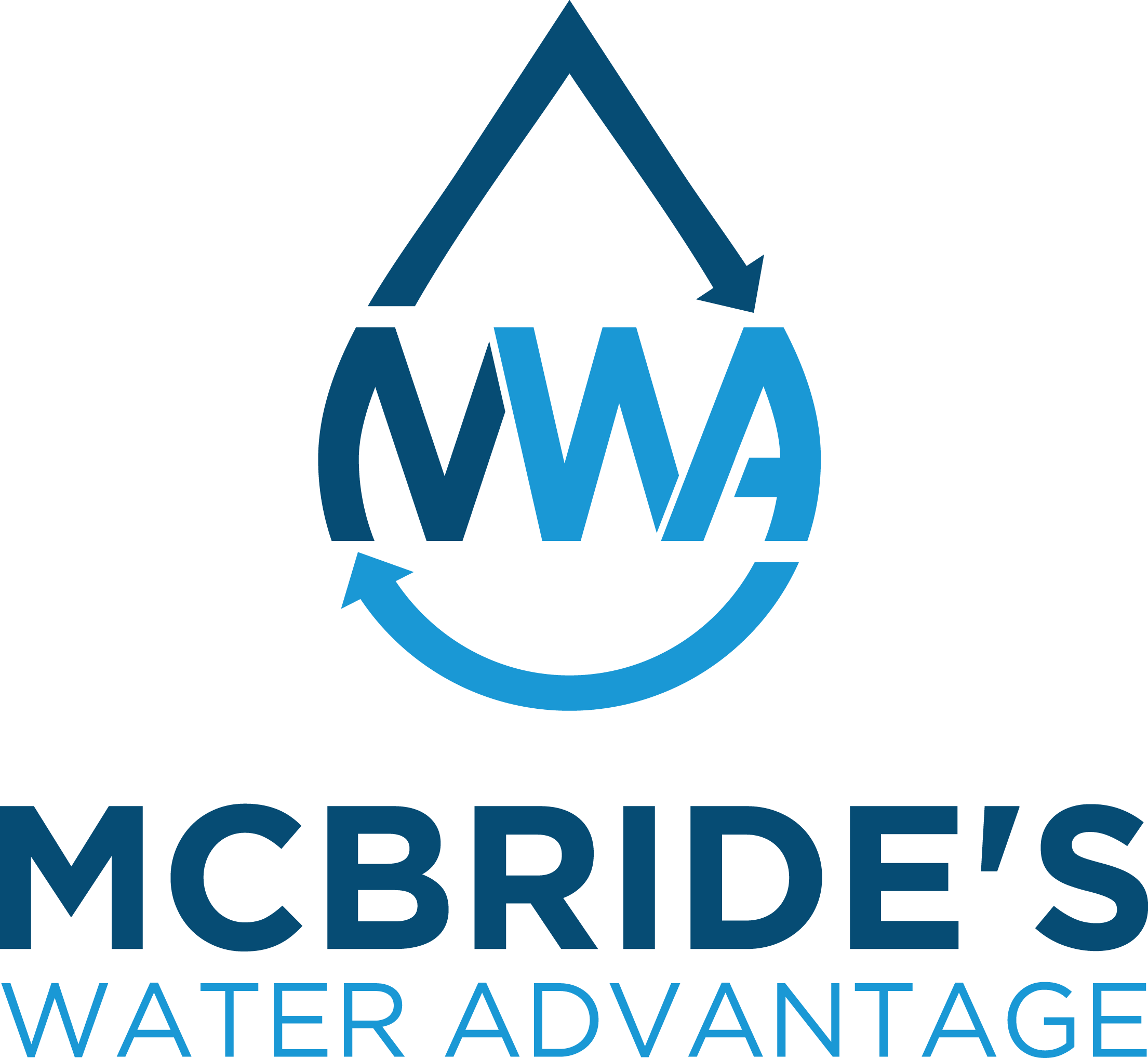 Given the fact that approximately 50 percent of New Hampshire residents get their water from a private well, it’s important for homeowners in our area to know about the potential issues that often plague well water. By far, one of the most commonly found contaminants in well water is iron. Today we’re going to talk about how iron gets into well water, the effects of water with high levels of iron and what you can do to remove iron from your home’s water!
Given the fact that approximately 50 percent of New Hampshire residents get their water from a private well, it’s important for homeowners in our area to know about the potential issues that often plague well water. By far, one of the most commonly found contaminants in well water is iron. Today we’re going to talk about how iron gets into well water, the effects of water with high levels of iron and what you can do to remove iron from your home’s water!
What is iron and how does it get into well water?
Iron is a naturally-occurring element that is found underground, and it is the fourth-most commonly occurring mineral in the Earth’s crust. Because private wells are dug underground, well water is particularly at risk of iron contamination because the element occurs so frequently in the bedrock where the wells operate.
What are the effects of water with high levels of iron?
Although there are no known health effects of consuming water with high levels of iron, the metal can wreak all kinds of havoc on your home. Some common effects of high levels of iron in New Hampshire’s well water include:
- Stains on plumbing fixtures and surfaces. One of the most recognizable signs of iron contamination in water is when you have orange-colored stains on any surface in your home that comes into contact with water. These stains show up in toilet bowls, bathtubs, sinks and more. Not only are iron stains ugly, but they can be very difficult to remove.
- Stains on laundry and dishes. When you run a washing machine that uses water that’s contaminated with iron, your clothes, sheets and towels can all develop orange-colored stains. The same is true for the dishes that you put through a dishwasher. This means that the appliances you rely on to clean your laundry and dishes will actually add stains to what they are washing!
- Clogged pipes. Iron supports the growth of certain types of bacteria. When water with high levels of iron comes into contact with that bacteria, it can create a stinky and sludgy film that builds up inside of your pipes. This sludge is known as “iron bacteria,” and it can lead to plumbing clogs and smelly drains.
- Drinking water that tastes and smells metallic. Along with the problems that iron causes around your home, it also makes your water unpalatable. That’s because iron gives off a strong metallic taste and odor, which can make it difficult to drink.
How can you remove iron from your home’s water?
McBride’s offers water filtration systems that are designed specifically to remove iron from your water. These whole-house filters will remove up to 95 percent of the iron in your home’s water, and they will protect your home’s entire plumbing system as well as your appliances. In addition, a whole-house iron filter will improve the taste and smell of the water that comes out of every single tap.
If you have any questions about iron in water, or if you’d like a water system serviced or installed in your home, contact McBride’s Water Advantage, your water softener and water filtration system dealer in Epsom, NH. We provide service all over New Hampshire, including towns like Northwood, Deerfield and Bow Center, NH.
photo credit: Yogesh Mhatre via photopin cc
